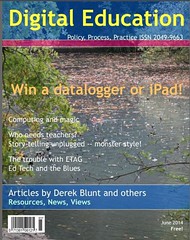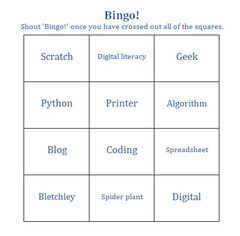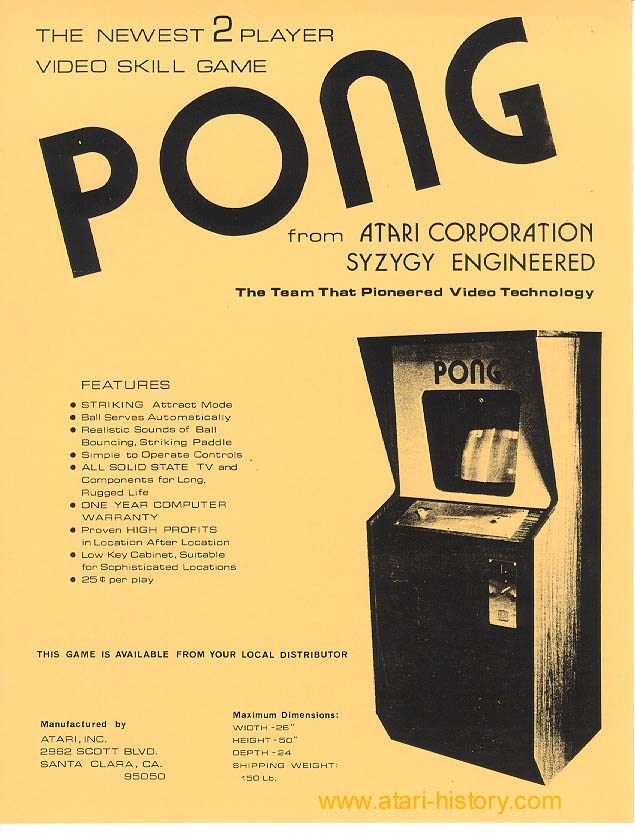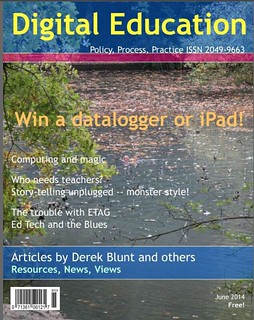In principle, these are exciting times, writes Crispin Weston. Having spent the first three years of its administration backing away from any active involvement in ed-tech, the government now appears to recognise not only that ed-tech has an important part to play in improving educational provision, but also that the government has an important part to play in making that happen.
In practice, I do not believe that the ed-tech community has yet taken advantage of the opportunity it has been given.
Read More This is what the latest version of Digital Education contains, with guest articles by Professor Paul Curzon, Sal McKeown, Geoff Jones and Crispin Weston
This is what the latest version of Digital Education contains, with guest articles by Professor Paul Curzon, Sal McKeown, Geoff Jones and Crispin Weston This is what the latest version of Digital Education contains, with guest articles by Professor Paul Curzon, Sal McKeown, Geoff Jones and Crispin Weston
This is what the latest version of Digital Education contains, with guest articles by Professor Paul Curzon, Sal McKeown, Geoff Jones and Crispin Weston







